In recent years, the global economy has undergone earth-shaking changes, and American hegemonism has also faced significant challenges, with former "allies" turning against the United States one after another.
Japan, as one of the closest allies of the United States, why has it chosen to "betray" the U.S. this time? What hidden reasons lie behind this?
The Shift in Japan's Financial Strategy
It is well known that the alliance between Japan and the United States is mutually beneficial. Under the control of the United States, the Japanese economy has been influenced by the U.S. for a long time, so it can be said that the U.S.'s "kidnapping" of Japan has been quite successful.
Over the years, the U.S. economic development has not been smooth sailing, especially in the past two years, with a noticeable decline in the U.S. economic level, and the hegemonic ideology has not been as severe as before. At this time, Japan has also expressed great dissatisfaction with the United States.
During this period, Japan has realized that if it continues to be controlled by the United States, it will only make Japan's domestic economy increasingly dependent on the U.S. Therefore, in order to break free from U.S. control, Japan has come up with a series of measures, such as significantly reducing its holdings of U.S. debt, revitalizing its own economic system, and even sending protest signals to the United States.
For a long time, the United States has been using the dollar to exert economic control over countries around the world, arbitrarily harvesting wealth globally. However, this has also made many countries realize that if this continues, their national economies will also be controlled by the United States, and the U.S. will be able to control everything in the country. There are huge risks involved. To reduce national risks and distance themselves from U.S. control and de-dollarization, these countries have made it a necessary choice.
The Impact of the Continuous Devaluation of the Yen
According to data, Japan is currently the country with the largest holdings of U.S. debt. Although Japan has sold a large amount of U.S. debt during this period, U.S. Treasury Secretary Yellen has not criticized Japan's sale of U.S. dollars, but has felt the pressure on the future of the United States.Undoubtedly, Japan's sale of U.S. Treasury bonds this time has a very high probability of increasing economic pressure on the United States, and it would be quite normal for a financial crisis to occur again. Currently, Japan is the most important country to the United States. If Japan chooses to continue selling U.S. Treasury bonds, there would be no country in the world capable of accepting such a massive amount of U.S. debt. Japan then has only two options to stabilize its national economy: one is to continue selling the U.S. Treasury bonds it holds, and the other is to raise the yen interest rate to prevent a decline.
Only by continuously attracting a large number of investors to inject new vitality into the Japanese economy can the economic benefits of Japan be better enhanced. If Japan continues to choose to increase interest rates, it will only become the next United States. However, if Japan continues to sell U.S. bonds, it will completely "fall out" with the United States. Of course, looking at the current economic market, Japan does not have enough strength to compete with the United States, and Japan also cannot accept U.S. sanctions.
Therefore, the two countries are also in a stalemate. If Japan chooses to continue selling U.S. Treasury bonds as a way of "self-preservation," this will inevitably be a huge challenge for the United States and will also lead to a "reshuffling" of the world economy. Therefore, neither country dares to make decisions lightly.
The Dollar Hegemony Encounters "Waterloo"
From the current international pattern, it is not only Japan that has "betrayed" the United States. Now, the entire Asian region will have actions to de-dollarize, and for a long time, the United States has used the dollar to control these countries. Now, many countries have realized that only by persisting in de-dollarization can they better maintain the stability of their national economies. Japan's actions this time have also set a good "example" for other countries.
In addition, many countries in the world no longer sign the "Petrodollar Agreement," especially Saudi Arabia. Over the years, the United States has always tied oil and the dollar together. As long as a country signs this agreement, the United States will promise to provide military protection for that region. Therefore, for a long time, the United States has been in control of the direction of oil.
But now, many countries have raised doubts about the "Petrodollar Agreement" and do not want to use the dollar for oil settlement. If Middle Eastern oil countries really kick the United States out of the Middle East and change the settlement method for oil,Then to a large extent, it will cause huge losses to the US economy. The most critical thing is that billions of US debt will once again fall into crisis, so this will be the most critical thing for the United States in the future.
It's not just that, now many countries are promoting the use of the renminbi as the standard for international settlement, which are all impacting the global hegemonic position of the US dollar. In order for the US dollar not to be threatened, the Federal Reserve must come up with a solution in a short period of time. However, the "de-dollarization" of international trade is becoming more and more serious. It is obviously not very likely for the United States to withdraw completely, and it may even face a heavy price.
The post-dollar era is coming.
It is important to know that it is absolutely impossible to completely overthrow the United States. In the past decade or so, the status of the US dollar has been unshakable. Now, if the US dollar wants to change in a short time, it must have enough conditions.
There is an old Chinese saying, "If a person does not act for himself, heaven and earth will not forgive him." There is no country in the world that devotes everything to another country. The first thing every country must consider is its own national interests.
From the performance of Japan's large-scale sale of US Treasury bonds this time, it is not impossible for Japan to want to protect itself and completely break with the United States in the future. Over the years, Japan has often implemented various demonstrations and responses in order to break free from US control. It can be seen that in the face of US and Japanese interests, the Japanese government's first choice is to defend the country.
Japan is also very clear that the current United States is no longer the United States that dominated the world at that time. Now there are many countries that can compete with the United States, so following the United States is not a very good thing.
However, in the eyes of Americans, Japan's economy and technology are not within the scope of consideration for the United States. More Americans would choose European technology, so for the United States, Japan cannot provide any value. Once Japan chooses to continue selling US debt, the United States will not be soft and will impose comprehensive sanctions on Japan.
In conclusion, Japan's "betrayal" has set off a wave of dollarization and reflects the views of many countries in the world on the United States. With the continuous development of the global economy, the end of US dollar hegemony is only a matter of time.Only through the joint development of countries worldwide and the establishment of a fair and just international trade environment can we ensure the robust development of the global economy. This is what every citizen of every country wants to see.


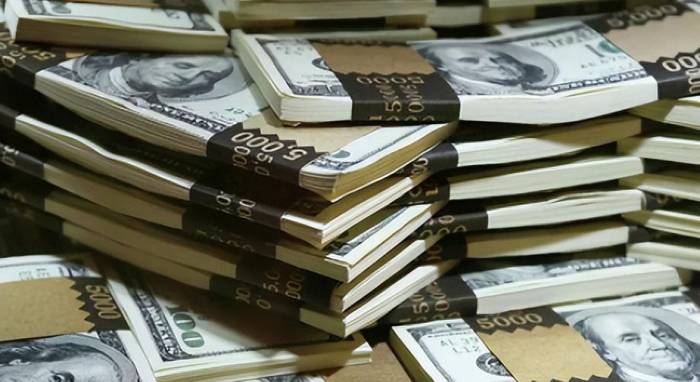


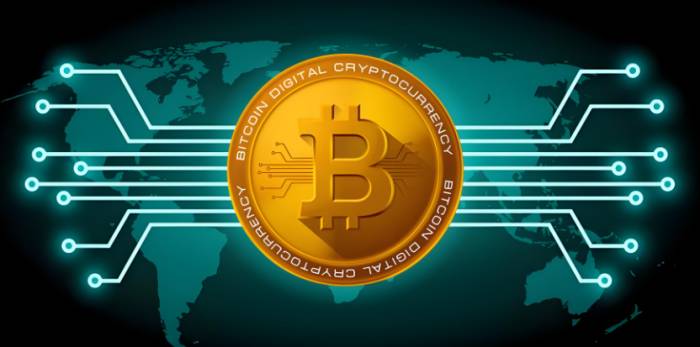




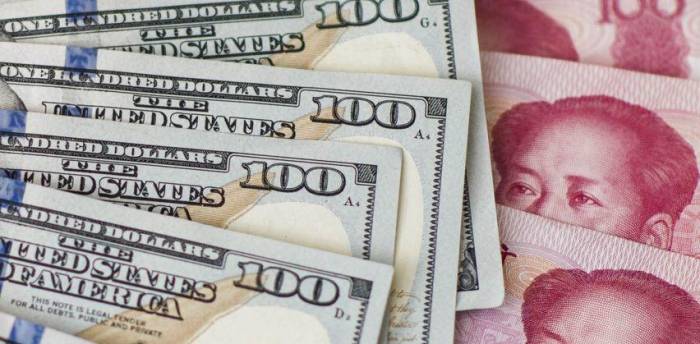


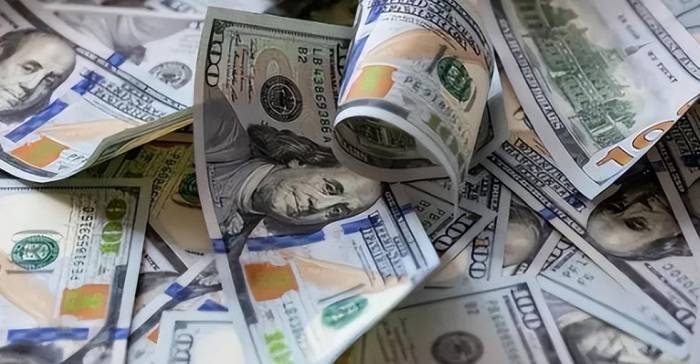








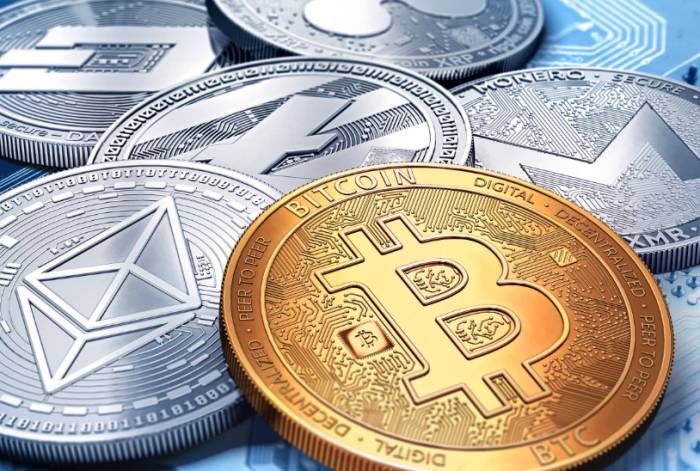

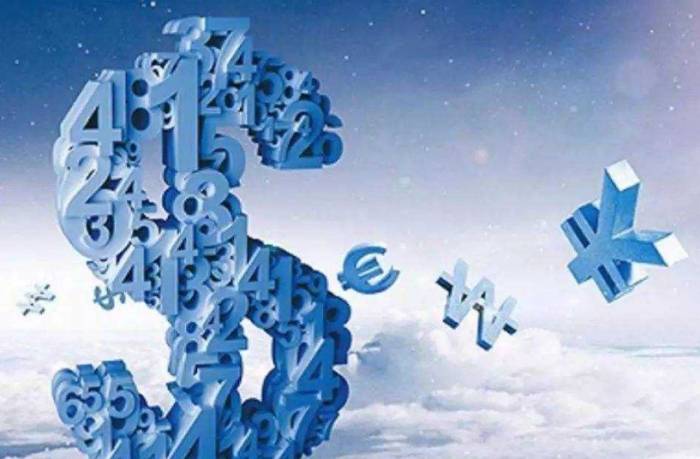

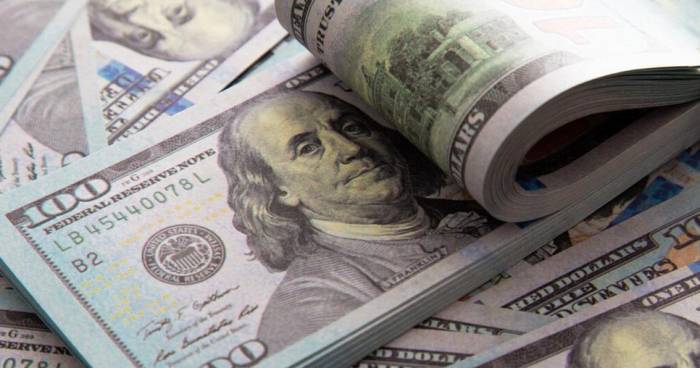

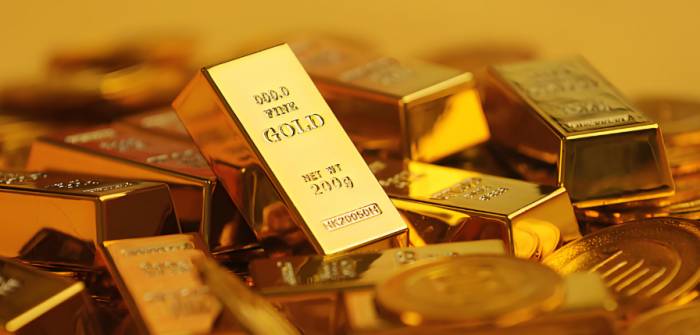

Leave a Comment